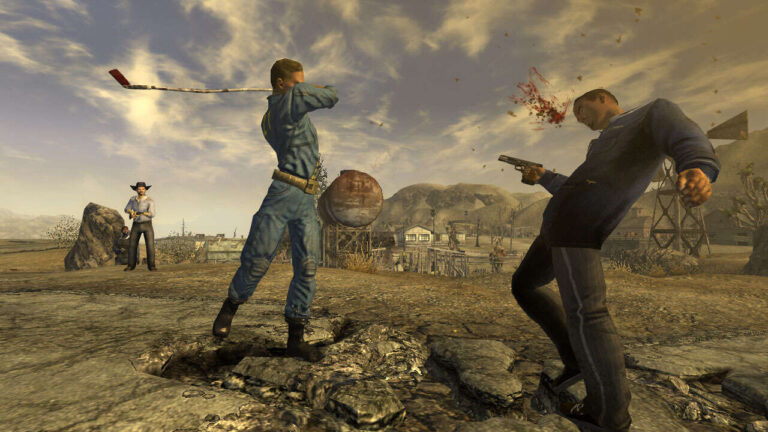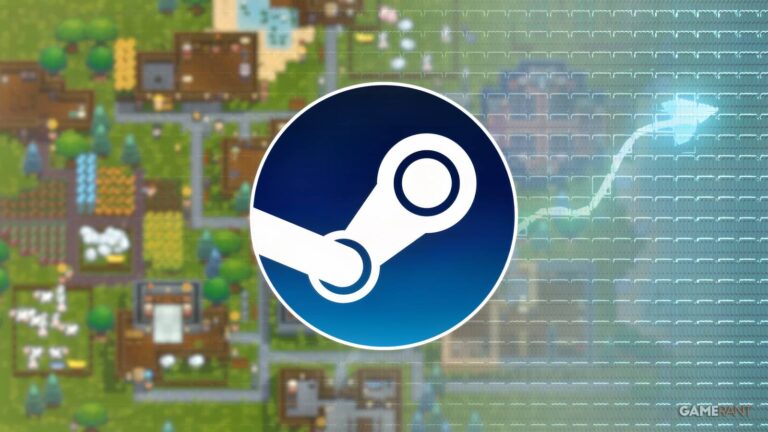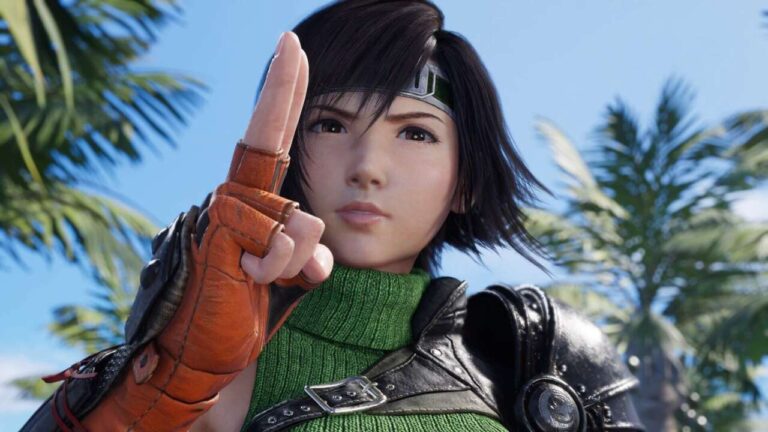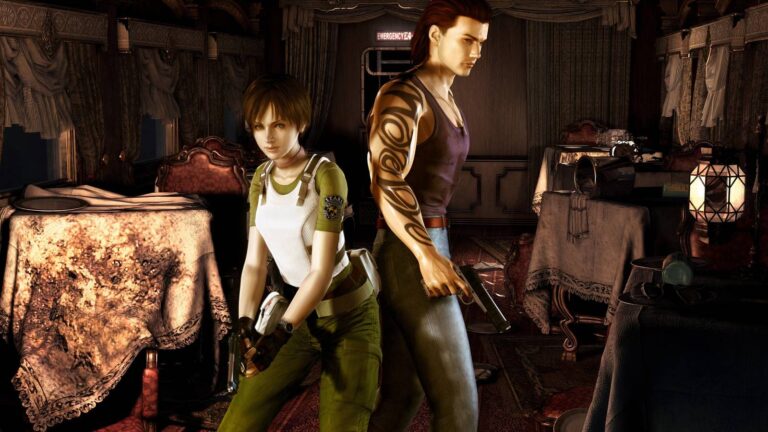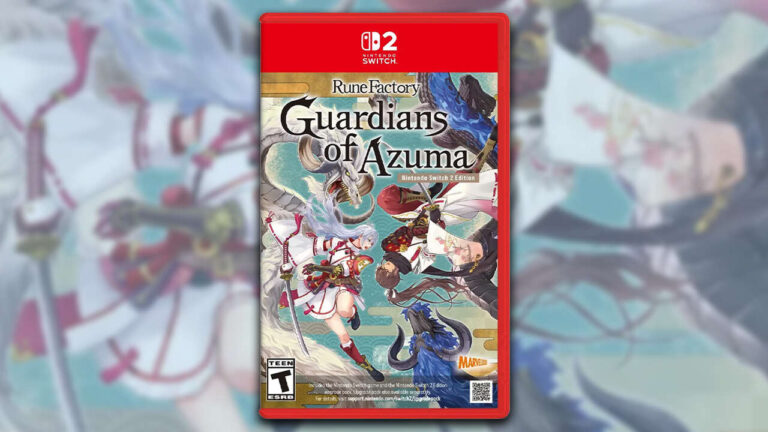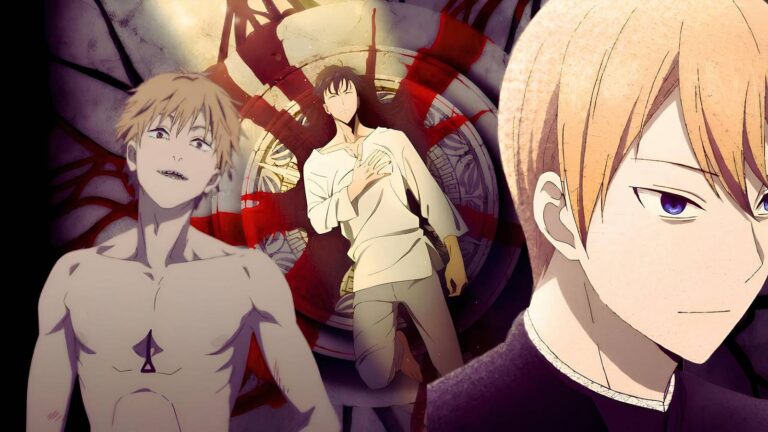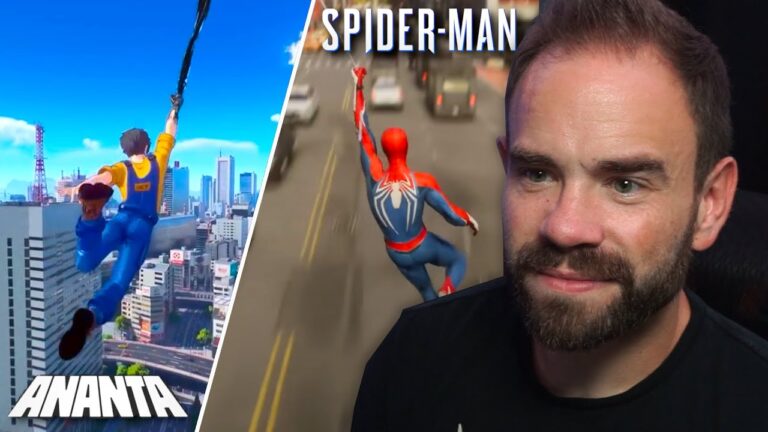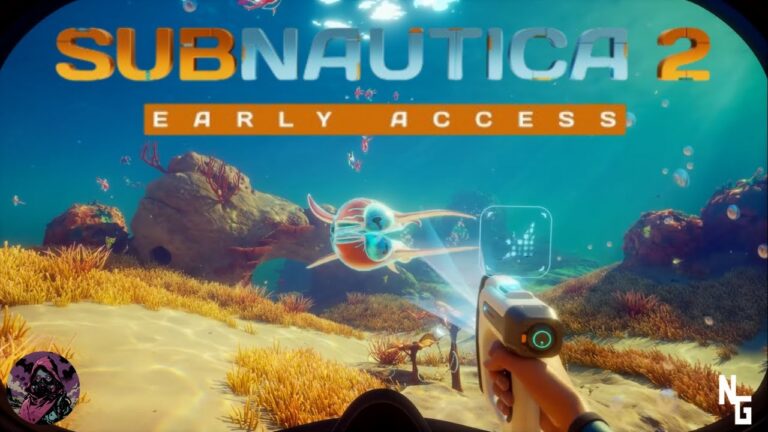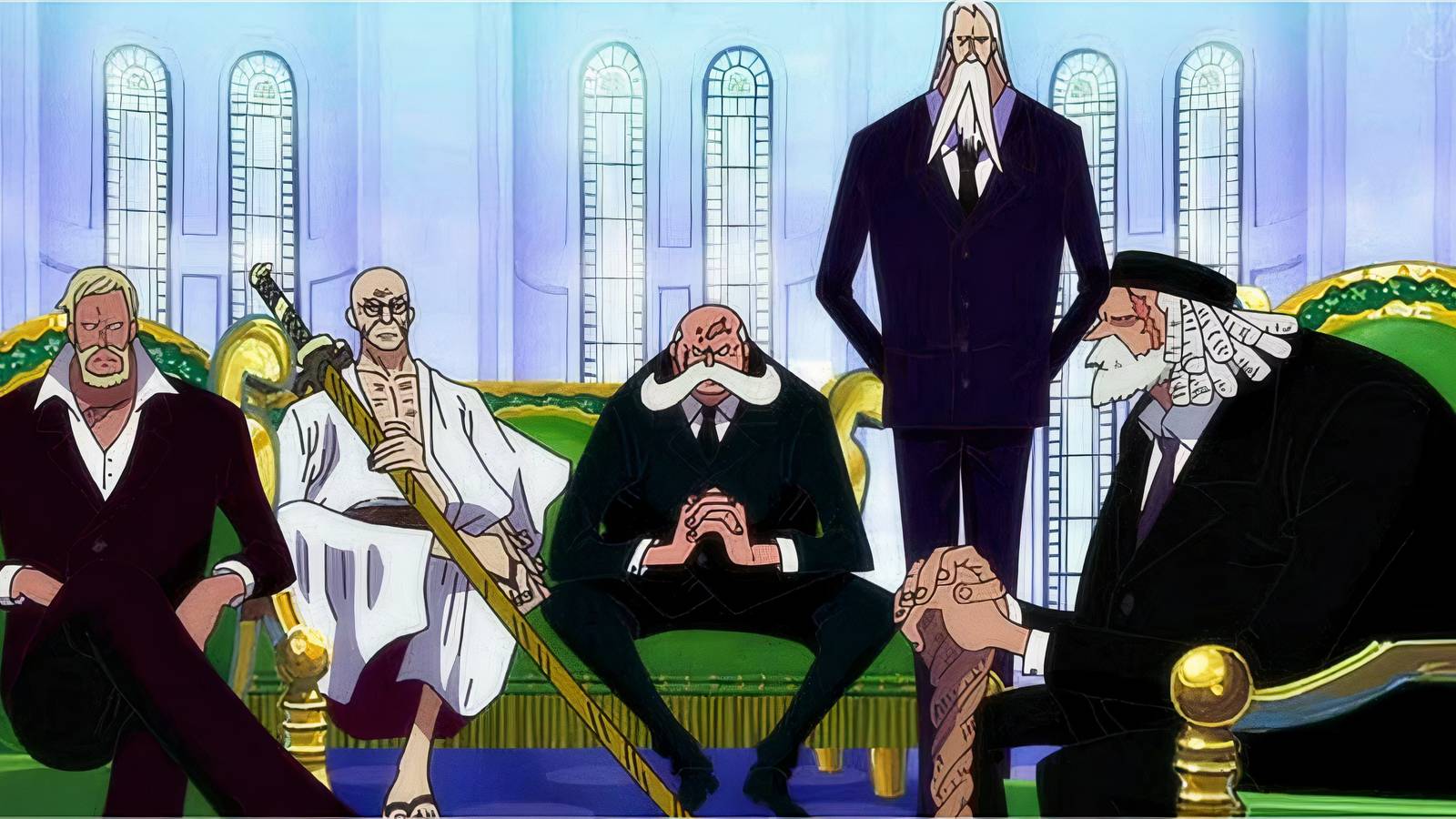
Summary
- Criminals are hired by the World Government, like the Shichibukai, to serve their interests.
- Researching the Void Century is forbidden and punished, hinting at dark secrets.
- The World Government enforces the Heavenly Tribute and engages in forced annexation efforts.
The World Government is a major antagonistic group in the One Piece series. While they would naturally serve as enemies to the protagonists, who are pirates, the extent of their leadership has consequences for people regardless of criminal status. This is due in part to the World Government being an autocracy, secretly ruled by Imu, a mysterious being thought to have been one of the original rulers who decided to create the government to replace the Great Kingdom.
Under Imu’s command, the rights of descendants of the First Twenty, collectively known as the Celestial Dragons, are expanded at the cost of most others on the Blue Planet. These are the worst of the World Government’s known policies in One Piece.
7
A Bizarre Need To Hire Criminals
Pirates And Other Criminals Receive Pardons If They Prove Useful
- Examples: Shichibukai System, hiring new admirals.
A strikingly consistent theme in the series is the World Government’s use of known criminals in various segments of its administration. The most infamous example is the Shichibukai, pirates who were pardoned for their crimes in exchange for pledging allegiance to the World Government. The government turned a blind eye to Donquixote Doflamingo, who captured Dressrosa and used slave labor to power its infrastructure (while also making all slaves anonymous to those who once knew them). Many pirates who are aligned with the Shichibukai display open contempt for the government, with some of the less sympathetic ones actively attacking naval grunts and suffering little consequence. Eventually, this system was abolished, partially at the behest of Admiral Issho, better known as Fujitora, who recognized that criminals exploited it to evade accountability.
However, there are still many criminals aligned with the government. An early example, played for comedy, is Jango “the Turncoat.” Jango was once a member of the Black Cat Pirates, who, during his time with the crew, attempted to kill 9-year-old children. However, he managed to secure a pardon for his crimes at the behest of his friend, Fullbody, who sacrificed his rank for Jango. The pair now serve as marine lieutenant commanders. Additionally, Fujitora and his counterpart, Ryokugyu (Aramaki), were both criminals to varying degrees, a fact the government was aware of before drafting them. They have also collaborated with the likes of child trafficker Mother Carmel to purchase her orphans and turn them into marines. She was notably responsible for selling them John Giant, the first ever giant to enlist in the Marines.
This general policy appears to be inherent to the nature of the government itself. Their history of atrocities is such that they are willing to overlook those of others, provided they can be of use. It is notable that, while the Shichibukai policy was in effect, the most common reason for being kicked out of the organization was simply losing a battle, rather than for corruption-based reasons.
6
Forbidding Void Century Research
The Wrong To Know
- Examples: Eliminating researchers, placing bounties on those who search for Poneglyphs, etc.
The Void Century is a deliberately obscure period, set approximately 900–800 years before the story begins, which is said to reveal the truth behind the history of the Blue Planet. The World Government has criminalized any and all research related to this period, presumably because it would paint its founding in a negative light. The most noteworthy event during that period is perhaps the Great War, which signaled the replacement of the Great Kingdom with the World Government, with Joy Boy fighting on behalf of the former but ultimately losing out to the First Twenty, who subsequently founded the latter.
That said, there is still existing documentation from this period, mostly found within the Poneglyphs, a collection of 30 steles written in an ancient script. Even learning to read this script itself is a punishable offense, which ultimately led to the entirety of Ohara, Nico Robin’s home island, being wiped out, leaving her the sole living native of the island. Robin herself became a fugitive as a child because of her own interest in research, which led her to seek protection from various crime syndicates. Others who were persecuted for their interest in the Poneglyphs include the Nox Pirates, a now-defunct Mink Pirate crew from Zou, who accrued heavy bounties for their desire to research them.
Once again, the violent suppression of dissenters is a tell-tale sign of an authoritarian government. It is unclear exactly what great fear or shame prevented the true history of the world from reaching the public eye, but it showcases a disturbing dimension of the government’s authority.
5
Heavenly Tribute
A Federal Protection Racket
- Examples: Left Sphinx and Kutsukku Island to be overrun by crime due to their poverty.
The World Government’s primary tax of note is the Heavenly Tribute. This tax is a regular payment that must be made in exchange for affiliation with the World Government, which grants territories the right to be aided by the Navy or Cipher Pols in exchange for their tax money. The exact amount taxed is not known, but it is apparently significant enough to push nations into poverty when paid.
Regardless, this may be a better case scenario than the alternative, which is to be overrun by crime. Members of the Navy have even been seen attacking unaffiliated islands, due to not being obligated towards them. It is said that inability to pay the Heavenly Tribute is the primary reason many islands are not affiliated with the World Government. This means crime is indirectly sanctioned on the poorest islands.
Taxes, as a policy, are not widely considered controversial. That said, what that tax money gets spent on certainly is. In this case, the Heavenly Tribute finances the lavish lifestyles of the Celestial Dragons, self-proclaimed “Gods” who have largely unchecked authority compared to the common people. In essence, the wealth gap between the Celestial Dragons and their subjects is directly maintained by this protection racket.
4
Annexation
Forced Integration
- Examples: The ongoing attempt to take over Elbaf.
In contrast to their efforts to refuse nations too poor for government affiliation, the World Government has more actively pursued the prospect of certain “valuable” nations being brought under their control. This has been demonstrated in their forced control and pursuit of Elbaf, formerly a nation of giant warriors which the late King Harald reformed. However, the government has shown an active desire to take over the country, presumably to use its giants as resources in the final war.
In this forced annexation, they have shown a willingness to torture, maim, and even kill children. This attempted subjugation was directly ordered by Imu, who later possessed Gunko to expedite the process forcibly. Although the outcome of this incident is unknown, as it is currently unfolding, it will likely influence negative perceptions of the government in Elbaf. It may even prompt them to take a hardline stance against the government. Ironically, Harald had attempted to gain some degree of acceptance from the government many years ago, but was hindered. The reasons behind this appear to be tied to the government’s desire to retain previously captured giants from Elbaf.
3
Oligarchy (Covert Autocracy)
A Government Without Representation
- Examples: Thought to be ruled by Five Elders, who are secretly ruled by Imu.
As mentioned earlier, the Celestial Dragons and their leadership are at the core of why the World Government is generally considered so flawed. Despite this, they are, in essence, the true rulers of everything. The Five Elders are the public face of the government, and appear to be descended from the First Twenty. It is unclear how or when they got their powers, but the initially identified lineup appears to have been ruling for many years. That said, they have alluded to a secret authority, greater than themselves, which is revealed to be the mysterious Imu, who may be a member of the First Twenty made immortal long ago.
A leader without the ability to be held accountable is a dangerous prospect. Both the system ostensibly controlling the World Government and its true secret leader are at the core of corruption, as well as the maintained policies that allow for such disparity in the first place.
2
Slavery
Commonly Practiced By Nobles
- Examples: Most World Nobles still own slaves.
Slavery’s immorality is self-explanatory. It is likely for this reason that Oda used it as a plot point to highlight just how corrupt the World Government is. While slavery is a practice that is utilized by many lawless pirate crews, the biggest offenders are, once again, the Celestial Dragons. Though the practice was largely abolished decades ago, there is still a government-endorsed slave system for the benefit of the highest class.
Slavery, slave auctions, and even slave collections are all seemingly part and parcel for most Celestial Dragons. Given that they are essentially servants without payment or basic dignity afforded to them, one can surmise they are also frequently mistreated. During his time as a slave, Bartholomew Kuma was routinely attacked, seemingly only to test his resilience. His lover, Ginny, who was also in and out of the slave system, was eventually forced to marry her owner and died giving birth to their daughter. Boa Hancock, who, along with her sisters, was force-fed a Devil Fruit when they were enslaved, seemingly only for the entertainment of Celestial Dragons, walked away from the experience with a deep-seated misandry directed towards nearly the entire opposite sex.
1
Genocide
The Destruction Of An Entire People
- Examples: Wiping out Ohara, Lulusia Kingdom, and seemingly nearly all of three separate races.
Genocide is obviously bad. Its inclusion in One Piece highlights just how corrupt the World Government is. The first example of government-sanctioned genocide shown directly is the Ohara Massacre, in which every resident of the island, save for Nico Robin, was eradicated due to a faction of them researching the Void Century. However, there are reportedly more instances, many of which are largely off-screen occurrences.
Dr. Vegapunk remarked in his broadcast that the World Government actively persecutes “rare” species. This pertains to the Three-Eye Tribe, Lunarians, and Buccaneers. While the exact reasons that these three races are persecuted are only implied thus far, the mere fact that the government both has and utilizes the power to wipe out entire groups of people multiple times shows how frightening they are.
More recently, the whole of Lulusia Kingdom, except for the members of the population who wished to rebel and leave it, was wiped out by an unidentified Ancient Weapon, powered by a stolen portion of Vegapunk’s Mother Flame. This was followed by a public denial, with the government attempting to cover up the fact that the kingdom that was just wiped out even existed. The Celestial Dragons also regularly travel to islands and hunt down their indigenous populations as part of a game.
One Piece
- Release Date
-
October 20, 1999
- Network
-
Fuji TV
- Directors
-
Hiroaki Miyamoto, Konosuke Uda, Junji Shimizu, Satoshi Itō, Munehisa Sakai, Katsumi Tokoro, Yutaka Nakajima, Yoshihiro Ueda, Kenichi Takeshita, Yoko Ikeda, Ryota Nakamura, Hiroyuki Kakudou, Takahiro Imamura, Toshihiro Maeya, Yûji Endô, Nozomu Shishido, Hidehiko Kadota, Sumio Watanabe, Harume Kosaka, Yasuhiro Tanabe, Yukihiko Nakao, Keisuke Onishi, Junichi Fujise, Hiroyuki Satou
-

Mayumi Tanaka
Monkey D. Luffy (voice)
-

Kazuya Nakai
Roronoa Zoro (voice)
